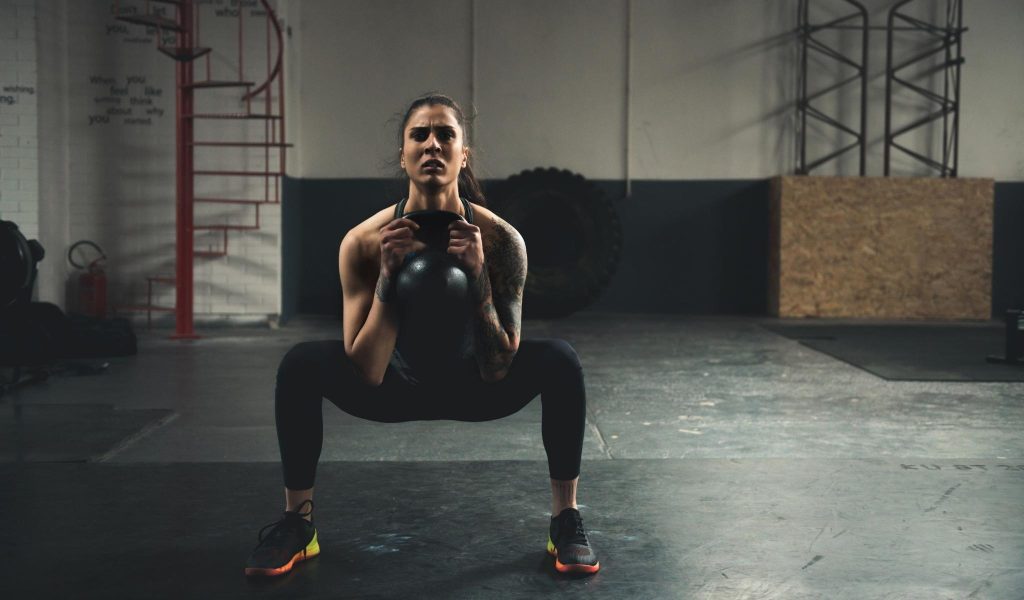No products in the cart.
Skip the Leg Press and Focus on Squats Instead

Everyone knows that squats are known as the “King of Exercises” but not everybody cares.
When it comes to “Leg Day” the most common exercises amongst gym bros are leg presses and leg extensions. Now there is nothing wrong with either of these exercises, but this article will strive to point out why squatting is superior to both of them for muscle growth and fat loss.
Most of this article is based around a scientific study completed in 2014 by Shaner et al [1].
This study looked at the hormonal response to exercise, comparing the barbell squat and the leg press. Whilst you might not think that the hormonal response to an exercise is particularly interesting, it should be noted that anabolic hormones (such as Testosterone and Human Growth Hormone) are responsible for muscle protein synthesis. Or as it is more commonly known – the process responsible for strength and hypertrophic gains.
The more testosterone or growth hormone produced, the more muscle protein synthesis.
This means bigger and stronger muscles. So finding an exercise that can produce this would be more beneficial than an exercise that doesn’t produce as much.
Now it should be stated that there are a lot of factors that influence the release of hormones when it comes to resistance training.
The number of repetitions of an exercise, or the number of sets can make a difference. The intensity, or the weight used can also influence it. What order you perform the exercises in can also change how much growth hormone and testosterone are released as well as the amount of rest time.
But in a straight out battle between squats and leg press for hormonal response squats win.
This applies to all free weights when compared to their resistance machine alternatives. This is most likely due to the increased muscle activation required to perform a free weight exercise.
What makes free weight exercises different to machines is that the movement of the weight isn’t linear. Whereas a chest press movement is simple to do (until the weight is increased) due to the movement being fixed, a bench press will be less simple due to the slight instability.
To stabilise the bar, you are required to recruit more muscle fibres, which results in higher muscle activation overall.
The more muscle activation you have, the more growth hormone and testosterone is released.
As a side note – this is why some people believe that training on unstable surfaces produces better results. It doesn’t though, it actually produces less muscle activation.
The reason is that standing on an unstable surface lowers the amount of control you have over the weight, meaning that you can’t perform the exercise properly or with the same intensity.
So whilst you are activating muscles to help stabilise you, you aren’t working them at a sufficient rate to produce results (also you look stupid doing it).
Another benefit to activating more muscles is the increased muscle damage, this sounds bad but actually it is responsible for more muscle growth.
This is because muscle damage causes an increase in muscle protein synthesis – provided there is sufficient protein. If you aren’t consuming enough protein then you could risk muscle catabolism.
Other Factors
There are other benefits to squatting over leg press, firstly there is the question of function. We very rarely press anything with our legs in day to day life, but we do frequently need to squat down.
Learning how to squat correctly can help us to perform it better away from the gym – which leads to a lowered risk of injury.
There is also much more variety in squats, if the leg press is being moved you’re out of luck. But if the squat rack is unavailable you can still perform goblet squats, prisoner squats, overhead squats (with a light weight obviously), squat jumps, box squats, and many other variations.
Don’t ditch the Leg Press
Just because squatting is superior to leg pressing doesn’t mean that there is no need for the leg press.
Firstly if you enjoy an exercise then it is always a good idea to include it in your program. Secondly leg pressing is great for single leg variations, in a way that squatting is not. The leg press is also a good idea for anyone who struggles with squatting form due to postural issues.
A good training program should be able to easily fit both squats and leg presses into it, and if you really hate squats you can get by without them. So long as you understand that squats are superior, it is still possible to get a decent hormonal response from them when used correctly.
Just make sure that you are consistent, that you alter your program every 12 weeks or so and that you work legs hard!
Save
Save
